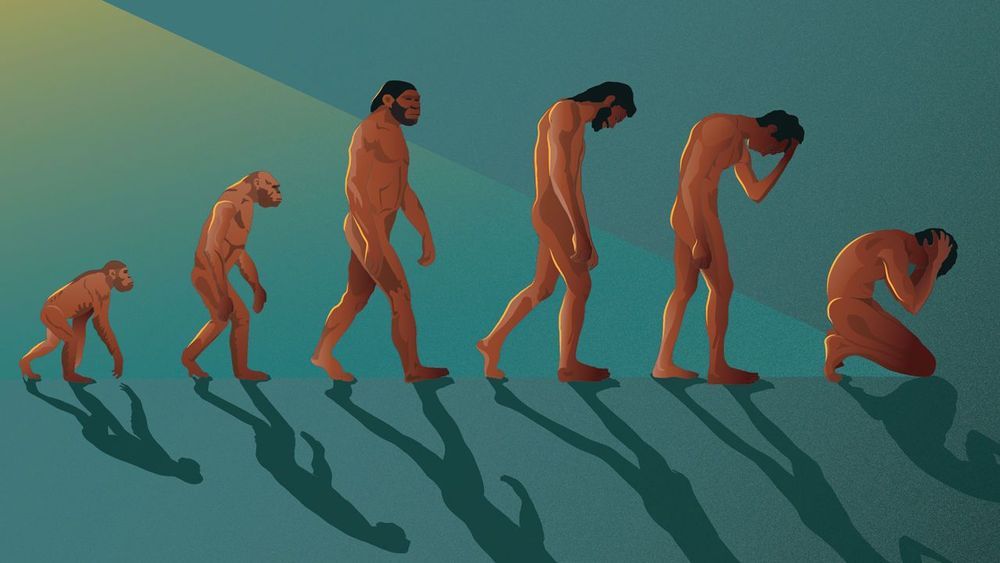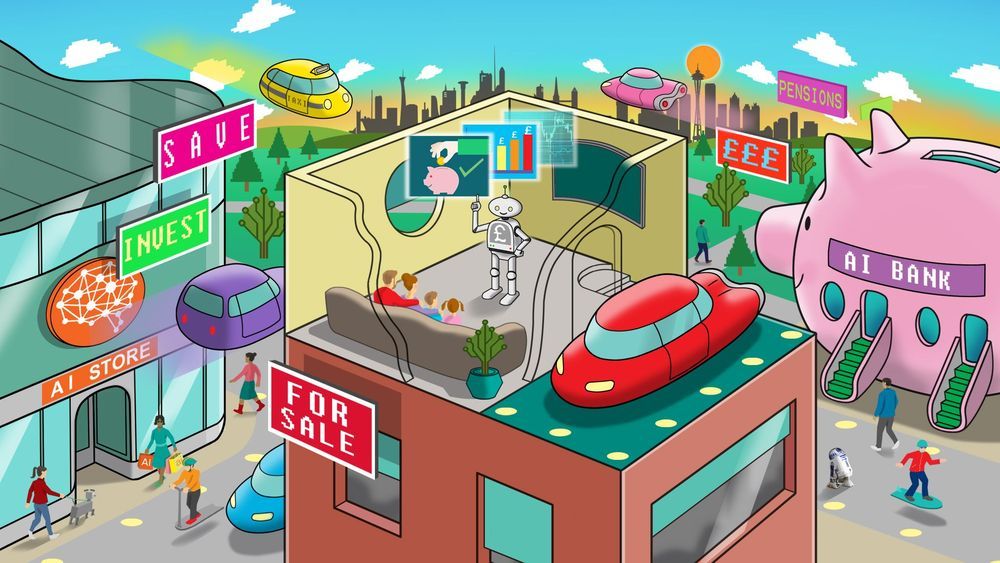Should citizenship be restricted to humans?
Scene taken from the film Short Circuit 2 (1988).
FAIR USE NOTICE:
This video contains copyrighted material, the use of which has not always been specifically authorised by the copyright owner.
We are making such material available in our efforts to advance understanding of environmental, political, human rights, economic, democracy, scientific, and social justice issues, etc. We believe this constitutes a ‘fair use’ of any such copyrighted material as provided for in section 107 of the US Copyright Law.
In accordance with Title 17 U.S.C. Section 107, the material on this video is distributed without profit to those who have expressed a prior interest in receiving the included information for research and educational purposes.






